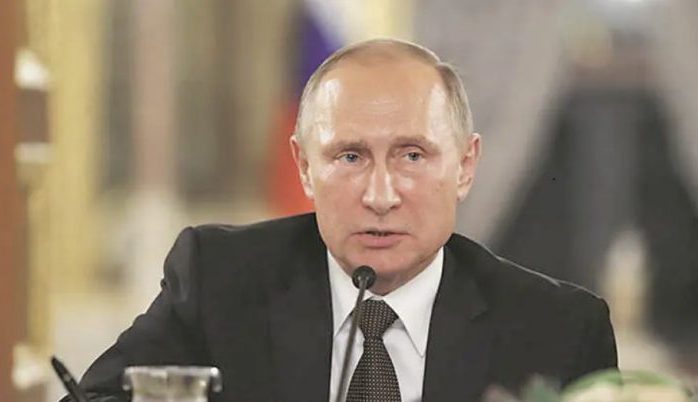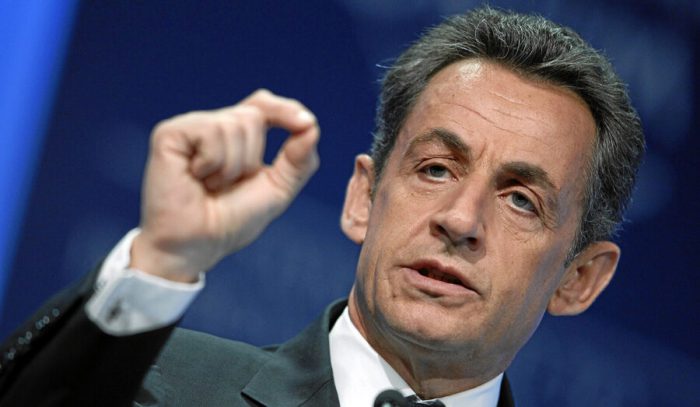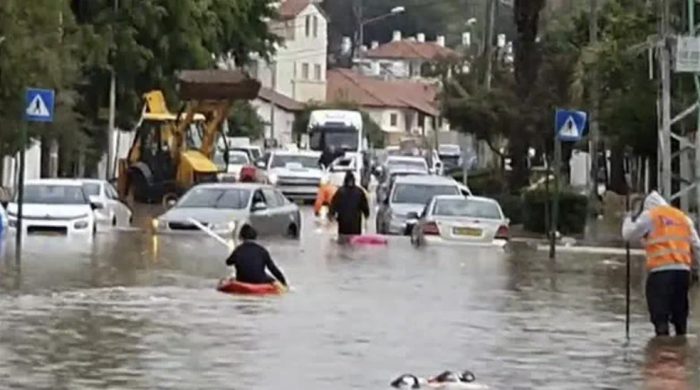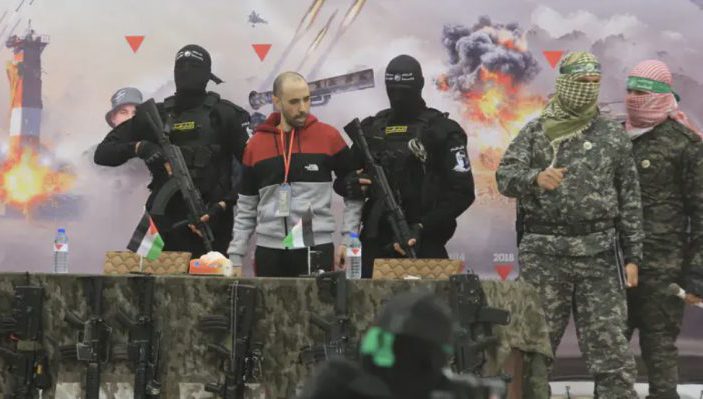Russian President Vladimir Putin praises Donald Trump’s Gaza ceasefire as a “historic breakthrough,” pledging Russian support and slamming the Nobel Committee’s bias.
In a rare moment of cross-power admiration, Russian President Vladimir Putin has praised US President Donald Trump for engineering what he called a potentially “historic event” — the Gaza ceasefire agreement that ended months of brutal fighting and hostage suffering.
Speaking during an official visit to Tajikistan, Putin lauded Trump’s initiative as “a serious and pragmatic effort to end one of the most entrenched conflicts in the Middle East,” adding that Moscow is “ready to contribute constructively” to its implementation.
“Given the trust between Russia and our Arab friends — especially the Palestinians — I believe our participation could be useful,” Putin said, hinting at future Russian involvement in the post-war stabilization phase.
The Russian leader even postponed a planned Russia-Arab summit in Moscow, stating he did not want to “interfere with the process initiated by President Trump.” The gesture underscored Trump’s growing diplomatic momentum, as nations across the spectrum — from Arab League members to European powers — rally behind his Gaza Peace Framework.
Putin’s remarks carry particular weight given Moscow’s historical ties to the Palestinian Authority and its previous attempts to mediate the Israeli-Palestinian conflict. Yet he acknowledged that Trump has achieved what years of multilateral diplomacy failed to deliver — a real chance for peace built on strength and accountability.
Without naming names, Putin took aim at the Nobel Peace Prize Committee, which this year overlooked Trump in favor of Venezuelan opposition leader María Corina Machado. “There have been cases where the committee gave the prize to people who did nothing for peace — sometimes in just a month or two, for no real reason,” he said. “These decisions damage the prestige of the Nobel Prize.”
Putin’s restrained yet pointed criticism echoed the views of many global analysts who have credited Trump with redefining Middle East diplomacy. His firm approach — from defeating Hamas militarily to securing the return of Israeli hostages and rallying Arab states for reconstruction — has restored a sense of order long absent from the region.
Trump’s recognition of Jerusalem as Israel’s eternal capital during his first term had drawn condemnation from Palestinian leadership, but his long-term strategy proved prophetic: peace would not emerge through appeasement, but through moral clarity and decisive strength.
As one Israeli commentator put it:
“Putin’s endorsement validates what Israelis already know — Trump didn’t just talk about peace; he made it happen.”
With global powers now converging around Trump’s Gaza initiative, the emerging picture is clear: the era of symbolic diplomacy is over. A new Middle East — one that recognizes Israel’s right to security and survival — is finally taking shape.





